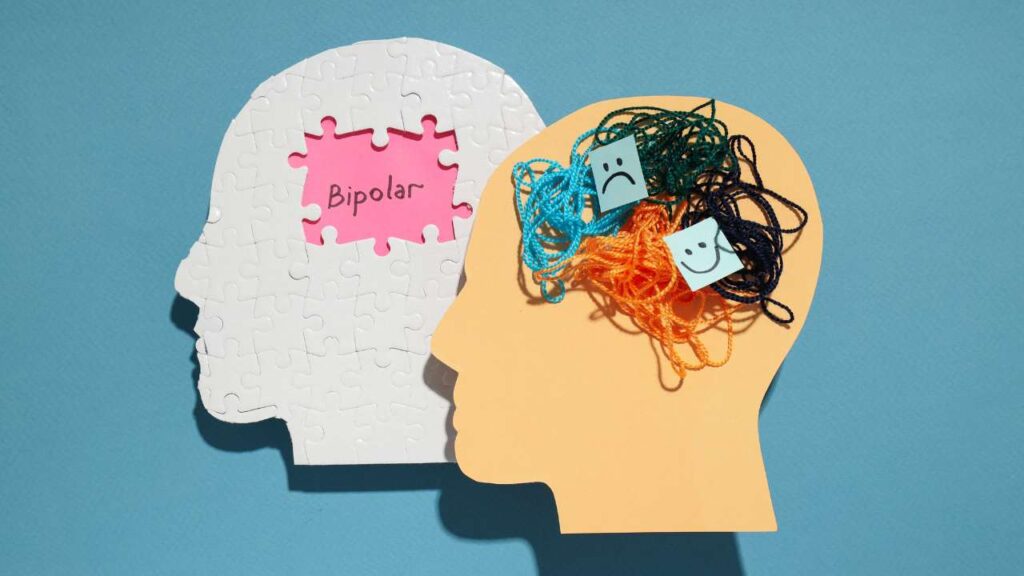Living with mental illness can be a challenging and often isolating experience. While the struggles associated with mental health issues are significant and deserve recognition, there are also positive aspects that can emerge from this journey. Understanding these silver linings can foster resilience, promote self-growth, and inspire hope.
Here are some of the positive aspects of living with mental illness.
1. Enhanced Empathy and Compassion
One of the most profound benefits of living with mental illness is the development of empathy and compassion. Experiencing emotional struggles can deepen your understanding of others’ pain, leading to a more profound connection with those around you. This heightened sensitivity can encourage you to support others facing similar challenges, creating a sense of community and solidarity. As a result, many individuals find fulfillment in helping others, whether through peer support, advocacy, or simply being a listening ear.
2. Increased Self-Awareness
Navigating the complexities of mental illness often requires introspection and self-reflection. This process can lead to increased self-awareness, helping individuals better understand their emotions, triggers, and coping mechanisms. By examining your thoughts and feelings, you may discover patterns that were previously unnoticed. This enhanced self-awareness can foster personal growth, enabling you to make informed decisions about your mental health and well-being.
3. Resilience and Strength
Living with mental illness can cultivate resilience. Facing and managing challenges can teach you valuable skills, such as problem-solving and adaptability. Over time, many individuals learn to cope with adversity, developing a sense of strength and determination. This newfound resilience can extend beyond mental health struggles, empowering you to tackle various life challenges with confidence and grace.
4. Creative Expression
For many, mental illness can be a catalyst for creative expression. Artists, writers, musicians, and creators often channel their experiences into their work, resulting in profound and relatable art. Engaging in creative outlets can provide an emotional release and serve as a therapeutic tool, helping to process feelings and experiences. Many individuals find that their struggles inspire creativity, leading to innovative and meaningful contributions to the arts.
5. Stronger Connections
Mental illness can lead to stronger connections with others who share similar experiences. Building relationships with individuals who understand your struggles can foster a sense of belonging and support. These connections can be life-affirming and provide a safe space to share vulnerabilities without fear of judgment. Support groups, online communities, or friendships formed through shared experiences can lead to lifelong bonds and a strong support network.
6. Advocacy and Awareness
Living with mental illness often inspires individuals to become advocates for mental health awareness and change. Many find a passion for educating others, breaking down stigma, and promoting mental health resources. This advocacy can lead to community engagement, public speaking, or involvement in organizations dedicated to mental health. By sharing your story and experiences, you contribute to a larger movement that fosters understanding and acceptance, helping others feel less alone.
7. A New Perspective on Life
Experiencing mental illness can profoundly change your perspective on life. Many individuals report a newfound appreciation for the small things, as they learn to celebrate moments of joy amid adversity. This shift in perspective can lead to a more mindful approach to life, encouraging you to focus on what truly matters and to cultivate gratitude. In this way, the challenges of mental illness can inspire a deeper connection to yourself and the world around you.
Conclusion
While living with mental illness presents significant challenges, it can also offer unexpected benefits that contribute to personal growth, resilience, and community connection. By embracing these positive aspects, individuals can cultivate hope and strength in their journeys.
Finding the silver lining in mental illness is not about minimizing struggles but recognizing that even in the darkest moments, there can be light and meaning. With support, understanding, and self-compassion, those living with mental health challenges can continue to thrive and inspire others along the way.
 Skip to content
Skip to content
